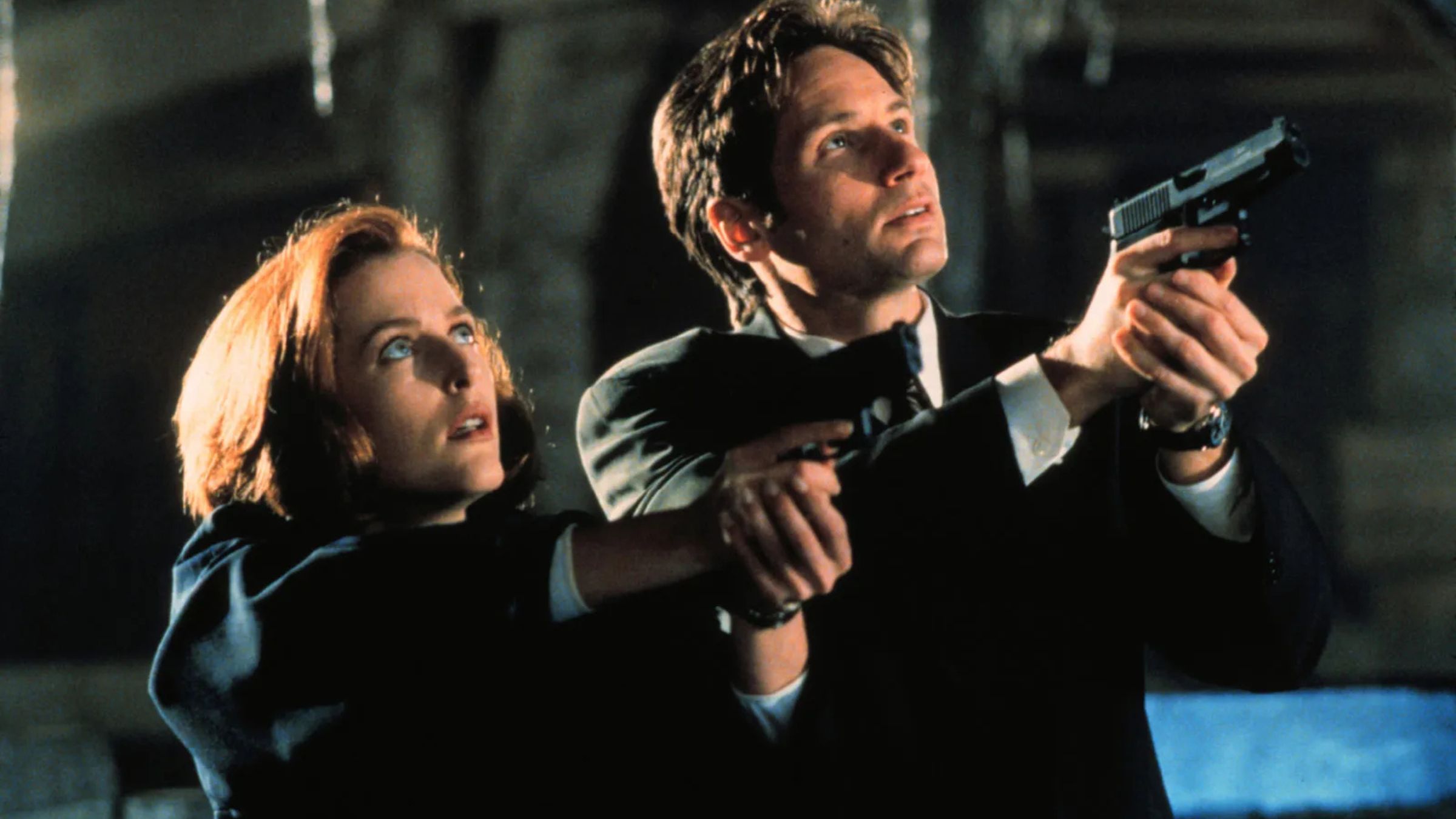
Stephen King’s impact on television is so vast that it often goes unnoticed. For many years, his books and short stories have served as a wellspring for hit miniseries and high-quality dramas. Adaptations like ‘It’ and ‘The Stand’ have left indelible marks on various generations, shaping their cultural landscapes. King’s name has come to symbolize a unique blend of character-centric horror, small-town supernaturalism, and epic battles between good and evil. This consistent presence has made his significant TV projects seem like common ground, with even casual viewers aware of his association with classic works such as ‘The Shining’ or ‘Misery’.
Though often recognized for prominent adaptations, King’s influence on television extends beyond the notable miniseries. He has occasionally taken on roles as a screenwriter, creator, and producer in less obvious projects, contributing to works not typically linked with his renowned body of work. From individual episodes within anthologies to entire series spawned from the lesser-known novels, these five concealed links reveal a more comprehensive perspective of King’s television legacy.
1) The X-Files (Season 5, Episode 10, “Chinga”)
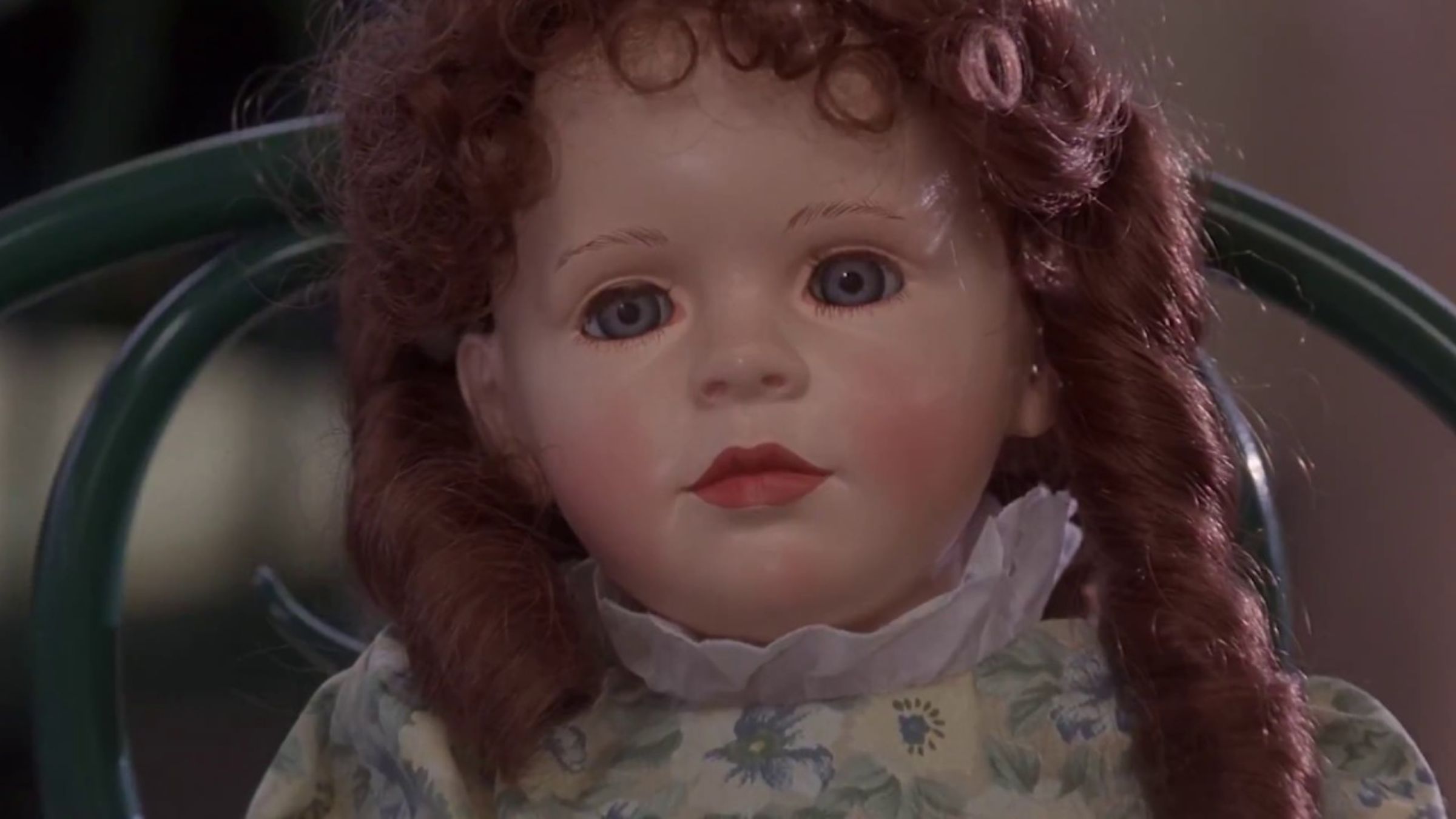
The 10th episode from the fifth season of “The X-Files,” named “Chinga,” is noteworthy for being a joint effort between two prominent figures in ’90s horror. Titled after one of King’s works, it features Dana Scully (played by Gillian Anderson) on a solo trip to Maine – a place favored by King himself. In this eerie setting, she encounters a string of peculiar deaths linked to an unusual young girl and her antique doll. Originally penned by Stephen King, who was an ardent fan of the show, it underwent extensive revisions from series creator Chris Carter. The final product reflects elements distinctively from both authors, though their collaboration is often understated due to shared credit.
In this episode, the recurring plot device of a spooky doll causing chaos seems to echo Stephen King’s style, yet it’s presented with the mysterious and suspenseful vibe similar to that of The X-Files. Chris Carter made adjustments to King’s initial script, emphasizing aspects more in line with Scully’s personality and the series’ distinctive mood. What we end up with is a captivating blend – a narrative that doesn’t quite resemble a standard King tale or typical X-Files episode, but instead stands as a distinct entry in television folklore.
2) Golden Years
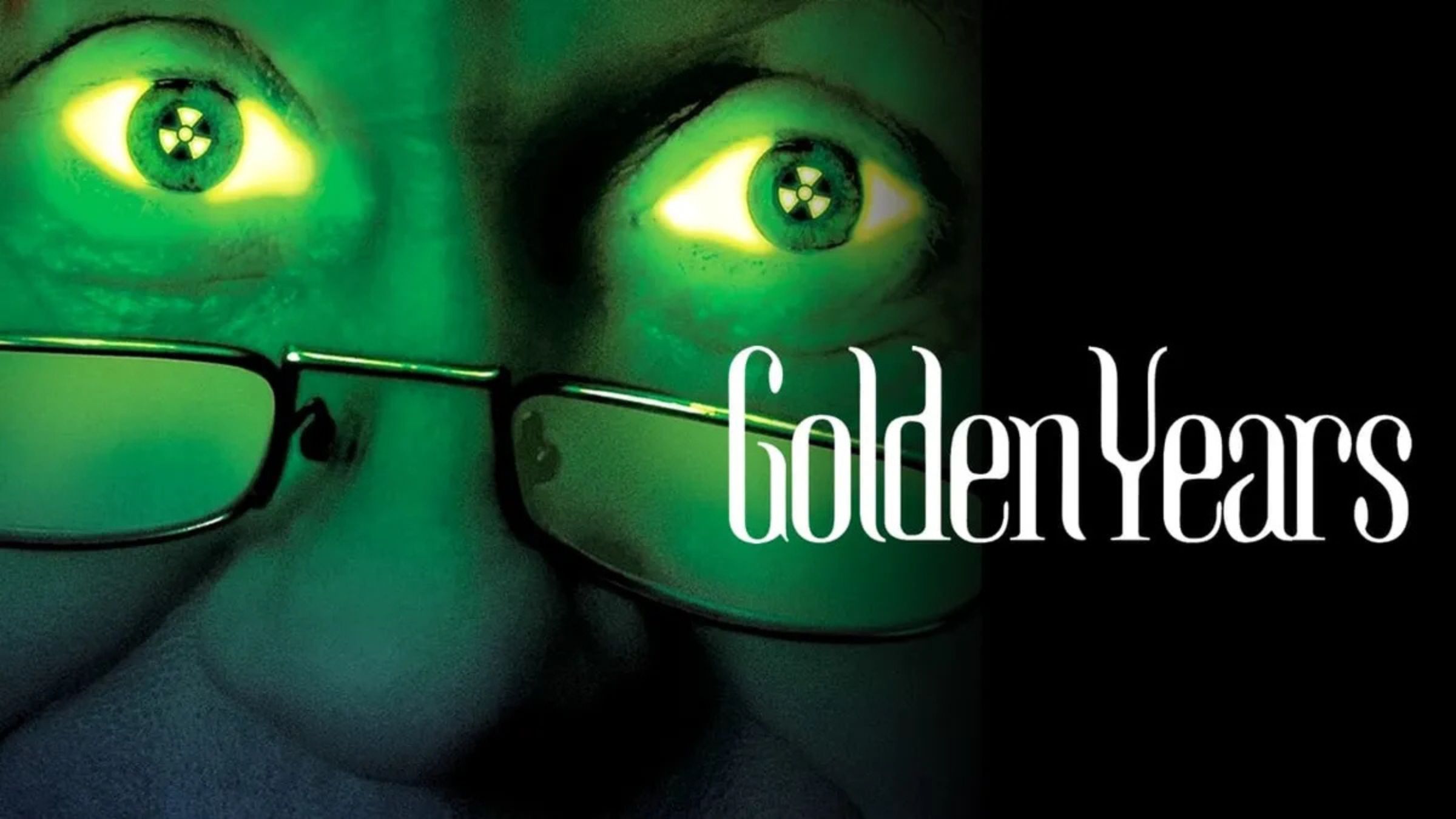
One lesser-known achievement by Stephen King in television is the creation of “Golden Years,” a science fiction thriller he developed for CBS in 1991. This captivating series revolves around Harlan Williams (portrayed by Keith Szarabajka), an older janitor at a classified government lab who survives an explosion. However, the incident triggers a unique aging process that makes him reverse-age, attracting the attention of a relentless government agency called The Shop. As Harlan and his wife navigate this extraordinary situation, they find themselves on the run, desperate for safety while coping with the peculiar consequences of his transformation.
Golden Years,” originally crafted for television and not based on a well-known novel by King, often gets overlooked in his extensive filmography due to this factor. Originally conceived as a continuous series, the miniseries was intended to be a starting point for its full run. The final episode concludes with an intriguing cliffhanger, implying more episodes were to follow. However, when CBS opted not to renew the show for a full season, the story remained incomplete, transforming “Golden Years” into a mere footnote instead of a significant television event.
3) Kingdom Hospital
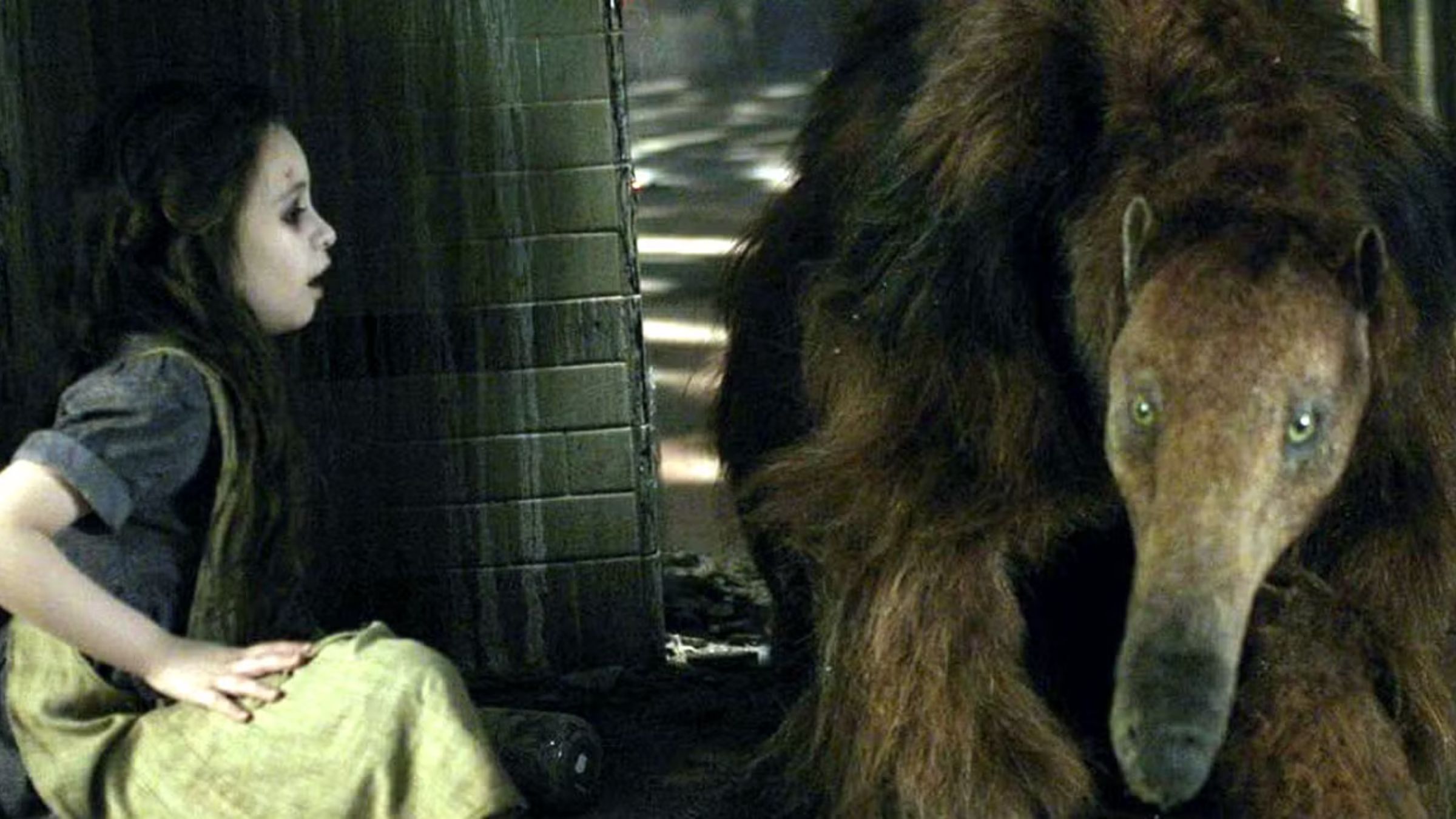
In the year 2004, Stephen King came up with “Kingdom Hospital,” a 13-episode miniseries for ABC which was inspired by the Danish cult hit “The Kingdom” created by director Lars von Trier. The series is set in an eerie Maine hospital constructed on the site of a burnt mill from the Civil War era, where children were trapped. The plot weaves together elements of supernatural terror, medical dramatics, and gloomy humor, featuring a spectral young girl, a conceited yet brilliant surgeon, and a colossal spiritual anteater named Anubis. King penned each episode, using von Trier’s original as a basis to create his own unique mythology.
In contrast to many people’s perception, King’s connection to “Kingdom Hospital” is frequently overlooked because it’s one of the rare occasions where he adapted someone else’s work for TV. However, though the original concept comes from von Trier, the actual execution mirrors King’s style entirely. He shifted the narrative to his familiar Maine backdrop and injected it with his characteristic thematic preoccupations such as the fine line between realms and how a location’s past can taint its present. Consequently, “Kingdom Hospital” offered a surreal ambiance and eccentric humor that was unexpected for many viewers, earning it a devoted fanbase and securing its status as one of his most daring TV endeavors.
4) Tales from the Darkside (Season 4, Episode 9, “Sorry, Right Number”)
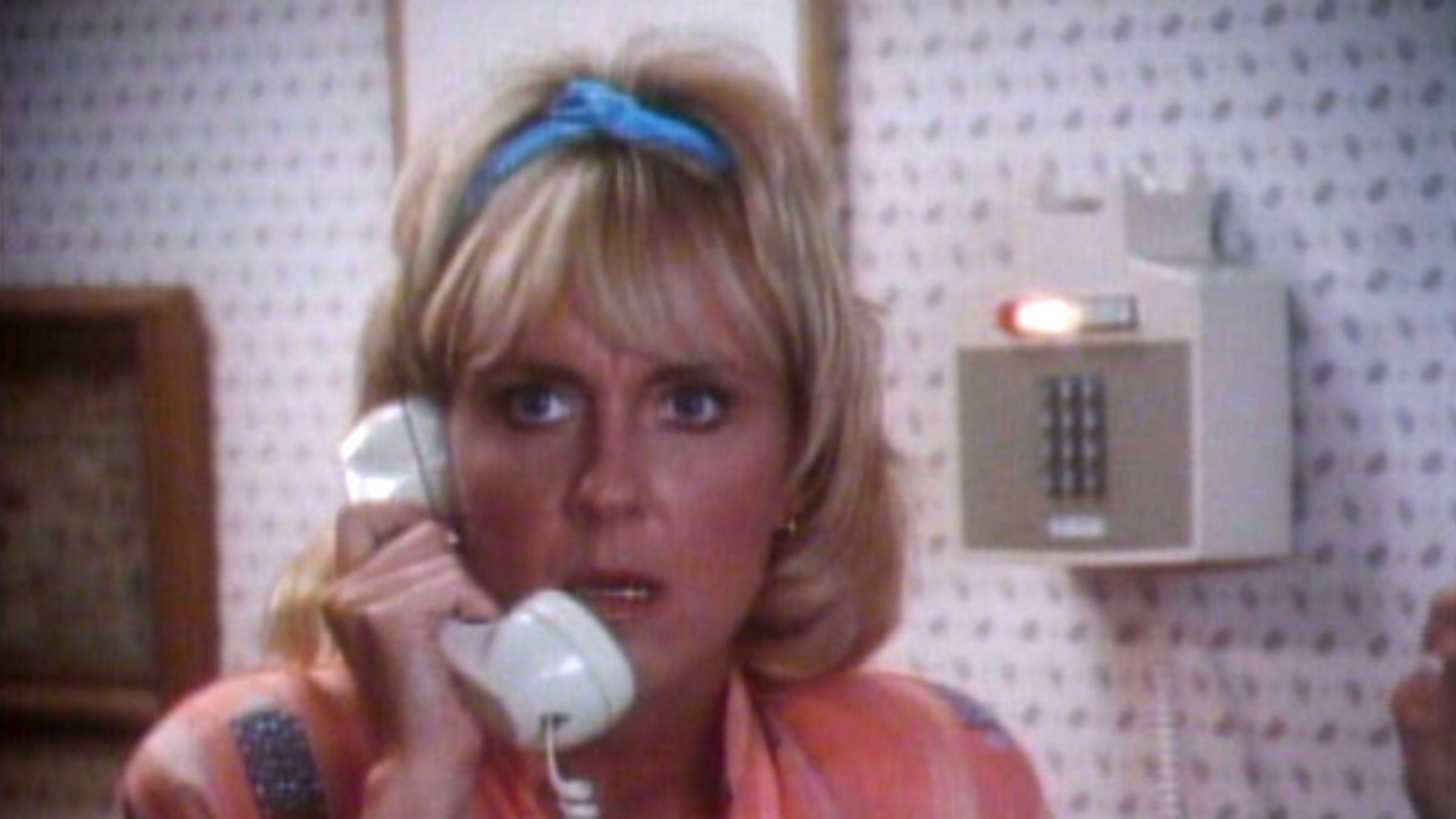
In my opinion, Stephen King significantly enriched anthology television by crafting an original teleplay for the series “Tales from the Darkside.” The captivating ninth episode of the fourth season, titled “Sorry, Right Number,” was broadcast in 1987. This gripping story follows the character Katie Weiderman, portrayed by Lori Petty, who receives a chilling phone call from a hysterical woman pleading for aid. As she listens to the voice on the other end, she can’t help but notice its eerie resemblance to someone familiar, propelling her into a heart-pounding race against time to uncover the caller’s identity and prevent an impending catastrophe.
George A. Romero, who often collaborated with Stephen King, was the one who brought “Tales from the Darkside” to life. Notably, the script for the episode “Sorry, Wrong Number” was included in King’s 1993 short story collection titled “Nightmares & Dreamscapes”. However, many people might not realize that Romero was connected with this show, as his television career would eventually be synonymous with adaptations of his novels rather than original creations.
5) Haven
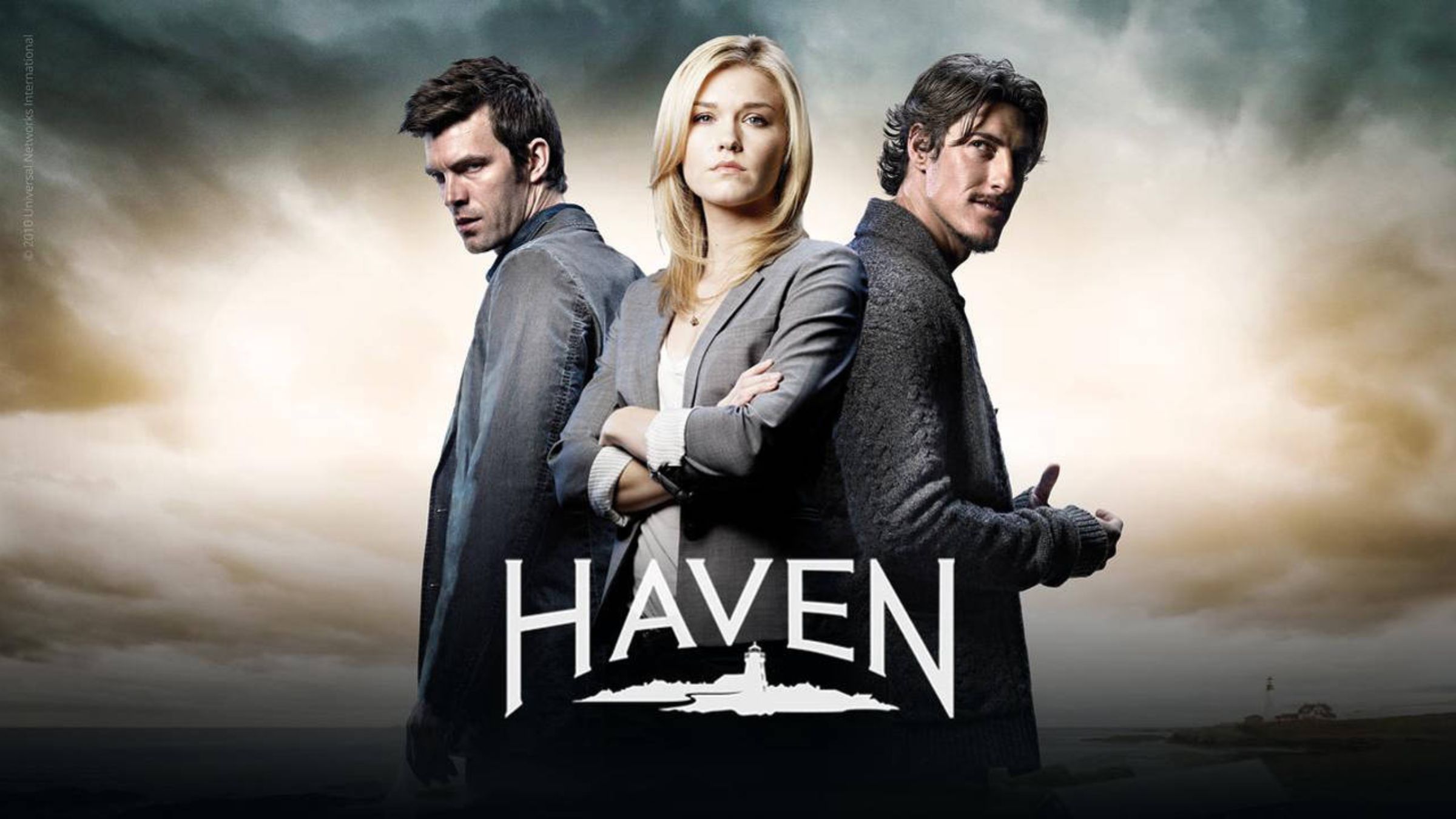
The five-season television series “Haven,” aired on Syfy, was adapted from Stephen King’s 2005 novel “The Colorado Kid.” The story revolves around FBI agent Audrey Parker, portrayed by Emily Rose, who arrives in the strange town of Haven, Maine, for a routine investigation. As she delves deeper, she uncovers that the town harbors individuals with supernatural powers, which the residents refer to as “The Troubles.” Intrigued by the town’s enigmas and her own obscured past, Audrey decides to stay in Haven, making it a beloved show among fans due to its mix of mystery, small-town charm, and supernatural elements.
Viewers are usually taken aback by the connection to King in this series because “Haven” is only loosely based on its original story, “The Colorado Kid.” Unlike a typical King tale, this isn’t a story about the supernatural; instead, it’s a classic detective drama centered around two small-town newspaper editors piecing together an unsolved murder case. Additionally, the book is renowned for its unusual structure and cryptic conclusion, which aren’t featured in the show. Consequently, the creators of “Haven” used the novel’s central mystery as a foundation to construct a much broader, fantastical universe, effectively changing a character-driven mystery into an expansive supernatural saga.
https://comicbook.com/movies/news/stephen-king-movies-streaming-free-tubi/embed/#
Read More
- How to Get the Bloodfeather Set in Enshrouded
- 4 TV Shows To Watch While You Wait for Wednesday Season 3
- Every Targaryen Death in Game of Thrones, House of the Dragon & AKOTSK, Ranked
- Gold Rate Forecast
- The Pitt Season 2, Episode 7 Recap: Abbot’s Return To PTMC Shakes Things Up
- One of the Best EA Games Ever Is Now Less Than $2 for a Limited Time
- Auto 9 Upgrade Guide RoboCop Unfinished Business Chips & Boards Guide
- Best Werewolf Movies (October 2025)
- 32 Kids Movies From The ’90s I Still Like Despite Being Kind Of Terrible
- Goat 2 Release Date Estimate, News & Updates
2025-08-21 19:12